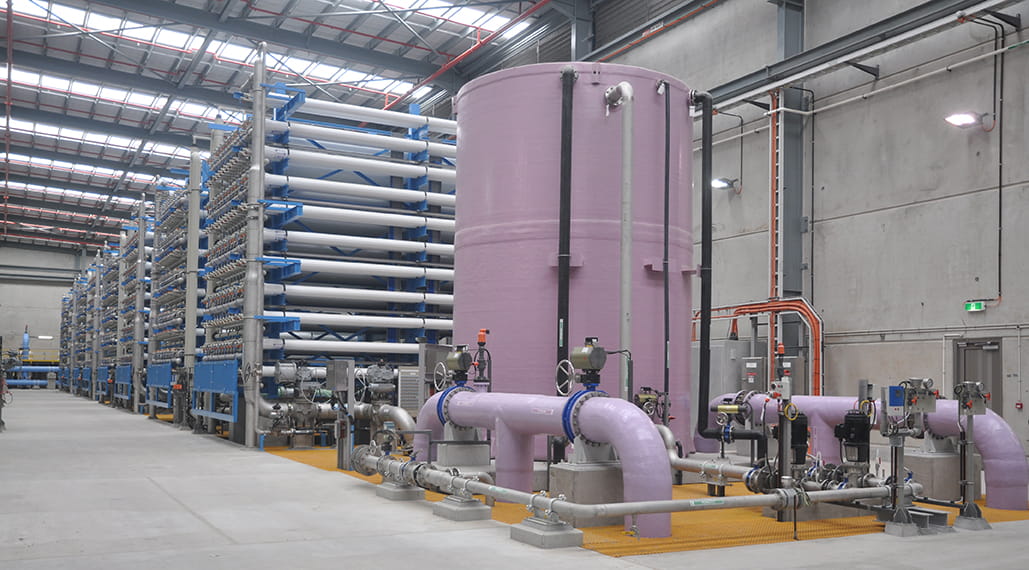(3 minutes read)
To meet the ever-growing demand of potable water for its newly developing settlements Egyptian authorities are betting on seawater desalination. The seawater will be treated by using thermodynamic solar energy.
To meet the ever-growing demand of potable water for its newly developing settlements Egyptian authorities are betting on seawater desalination. The seawater will be treated by using thermodynamic solar energy. The construction of the Great Ethiopian Renaissance Dam (GERD) reduced the flow of the Nile and accelerated water stress in North Africa, Egypt needs alternative solutions more than ever to supply its population and develop its agriculture. As well as reusing treated wastewater, Cairo is also banking on seawater desalination and encouraging the establishment of public-private partnerships (PPPs).
The country is getting overwhelming responses, with investors jostling to win concessions around the new coastal cities being built in the country. These include Saudi Arabia’s Acwa Power, India’s Va Tech Wabag, Spain’s Abengoa, and Japan’s Toyota Tsusho. But the rush to desalination poses another problem, that of the energy efficiency of the plants built.
On this point, the Egyptian government wants to bet on renewable energies, in particular concentrated solar power plants (CSP). In fact, following an international call for tenders launched a few months ago, several companies were recently selected. These include Aqualia, Scatec, Engie, Amea Power, and Toyota Tsusho, which are stepping up their investments in the energy sector in Africa. The Egyptian authorities are counting on a combined capacity of 250 MW for an investment of $270 million.
The plants, which will be connected to Egypt’s national grid, are expected to produce clean electricity for 25 years to power desalination plants with a combined capacity of 400,000 m3 per day. With this initiative, Egypt is set to take its first steps in the production of solar energy from concentrating solar power plants.
Read Also:
https://trendsnafrica.com/
Although one of the best performers in terms of renewable energies in Africa, Egypt has so far focused on photovoltaic solar energy and onshore wind power. However, the North African country has the resources needed to set up thermodynamic solar power plants. Compared with photovoltaic solar power plants, CSPs are slightly more expensive to install, but they are more efficient because they can supply electricity after sunset.
Cairo was counting on an initial investment of $1.2 billion for five CSPs and the construction of a factory to manufacture the components for these plants.





